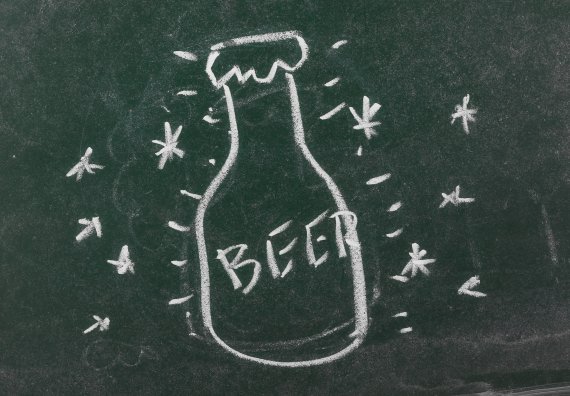© Shutterstock
The idea arose when the four honours students Nico van der Veen, Sander Breevaart, Esther Kunst and Florence Scherer were investigating ‘the ideal university’ for their Honours Investigation Project. One of the conclusions was that the university should impart more knowledge to the general public. And what better way to do that than an online course? ‘An increasing number of people turn to the web for scientific knowledge, making online learning is a good way to reach the public’, says Josette Jacobs, assistant professor of Philosophy of Science and coach for the Honours Programme.
After a brainstorming session, the students got the idea to make beer the topic of the MOOC. ‘The science of beer overlaps with several Wageningen programmes, such as production, marketing and influence on health’, says Nico van der Veen. ‘Furthermore, beer is popular – and not just among students. That makes it a very appealing subject.’
Centenary
Creating a MOOC is a complex and expensive affair. However, the students were able to get the necessary funds from the Executive Board: the online course will be a part of the 100 years WUR programme. Jacobs: ‘The idea of creating a MOOC had also arisen with the centenary committee. We were able to combine the ideas into a great opportunity.’
The MOOC will explain the production chain of beer in four modules. The students will not only develop and design the modules, but also play a part in front of camera. This is unique, according to Jacobs. ‘The lecturers are usually the thread in other MOOCs. They present, check the work and are available for questions. This time, this role is taken by students.’
The honours students are still searching for fellow students who would like to help in the development of the MOOC. ‘We are looking for master’s students, as well as second‑year and third‑year bachelor’s students who are interested in the subject.’ Van der Veen emphasises you do not necessarily have to enjoy beer. ‘There is plenty of knowledge to gain for those who do not like beer.’ The project will start in November. Applications are open until Saturday and additional information is available here.

